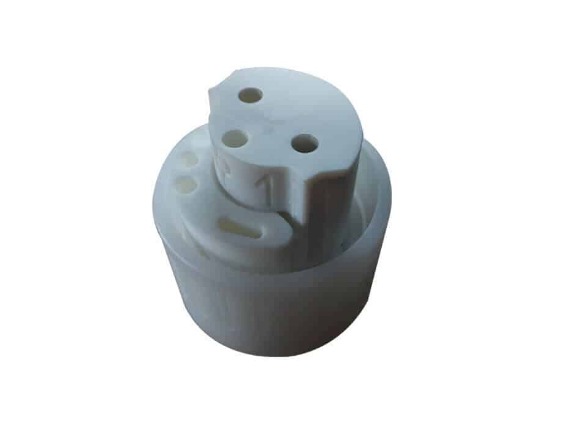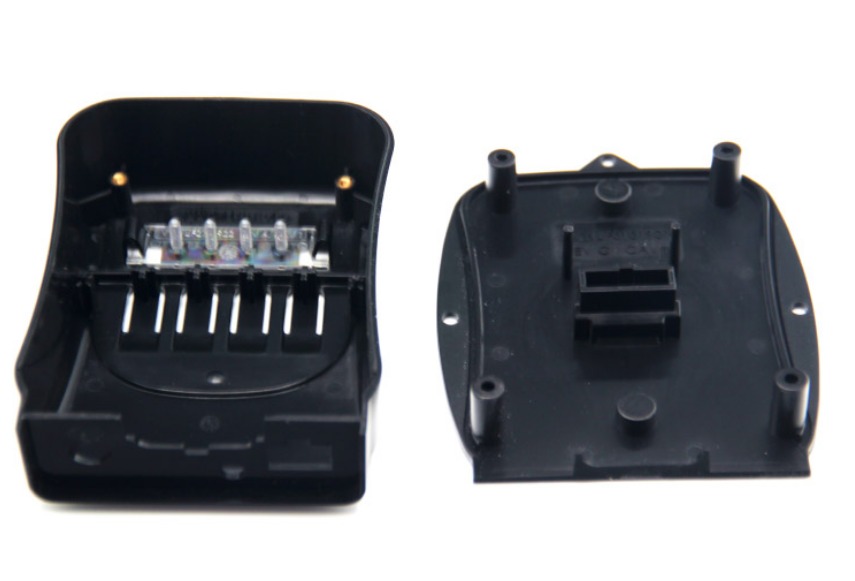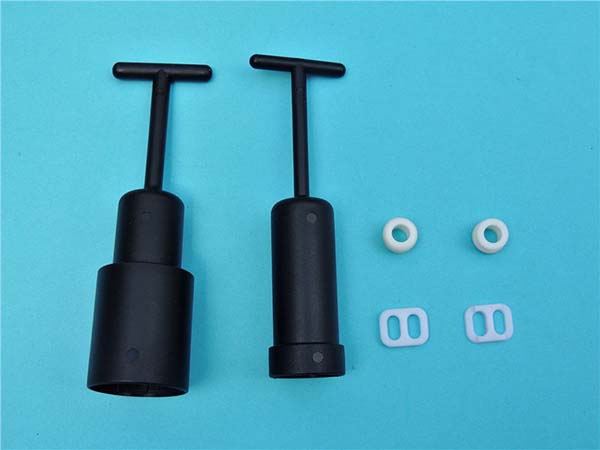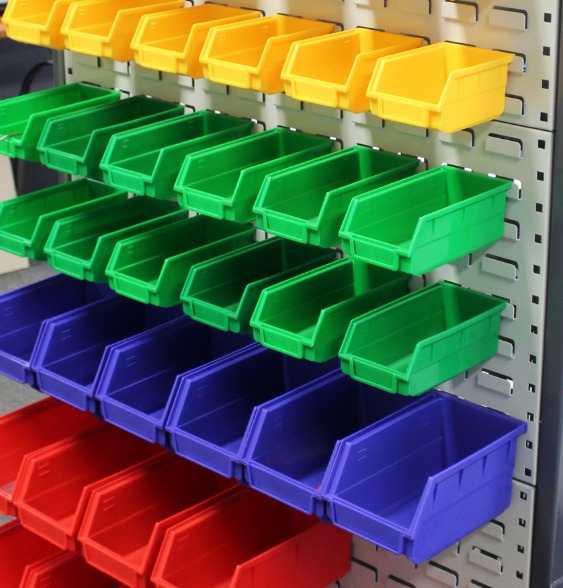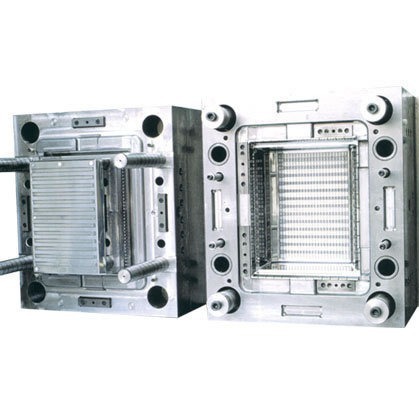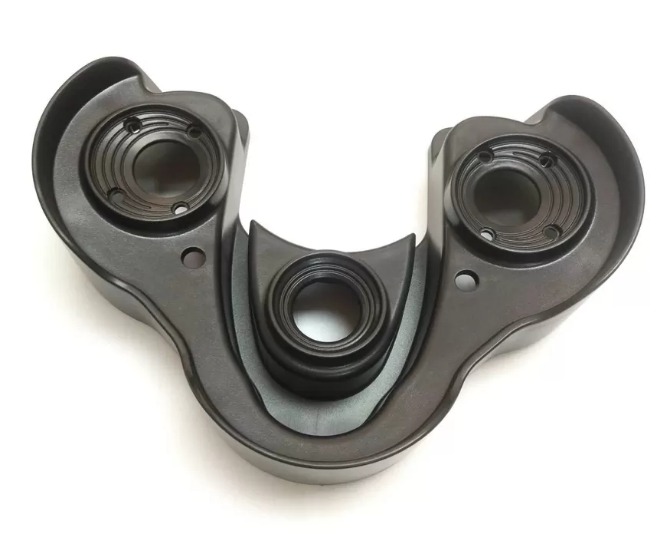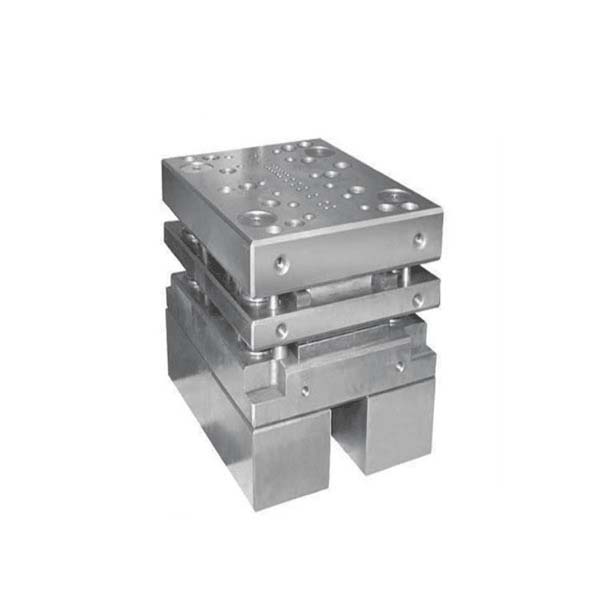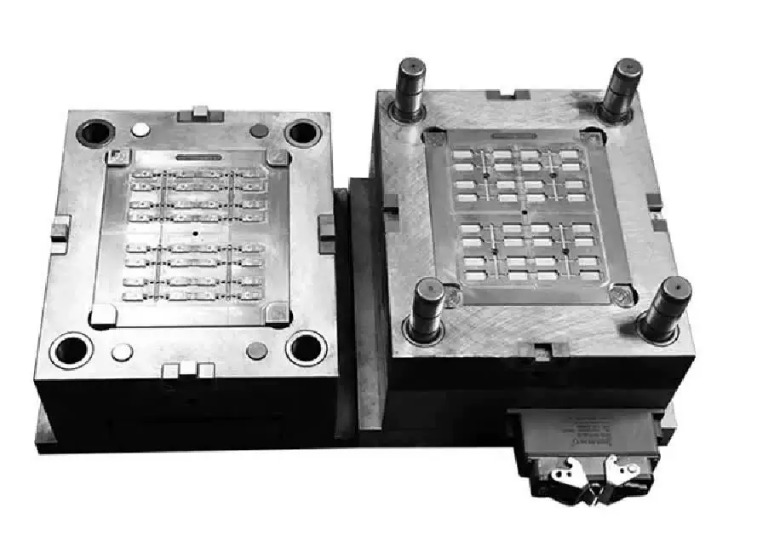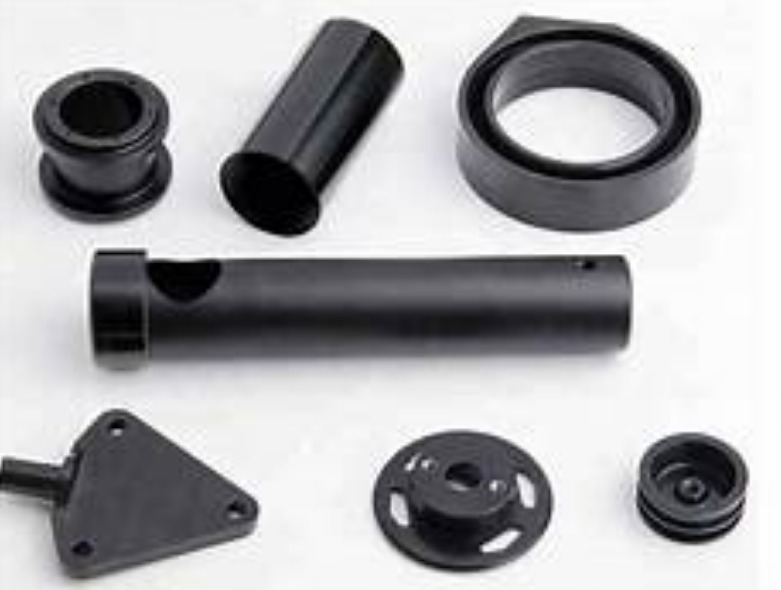Understanding the Basics of Plastic Injection Molding
Plastic injection molding is a widely used manufacturing process in the modern industry. The basic principle is quite straightforward yet highly efficient. First, plastic pellets are fed into a heated barrel. As the barrel rotates, the plastic is melted and then forced, under high pressure, into a mold cavity. Once the plastic cools and solidifies within the mold, it takes on the shape of the cavity. Finally, the mold opens, and the newly formed plastic part is ejected. This process can produce a vast array of plastic products, from small and intricate components like electronic device buttons to large items such as automotive bumpers.
The importance of plastic injection molding cannot be overstated. It allows for high - volume production with consistent quality. The ability to create complex shapes with tight tolerances makes it suitable for a wide range of industries, including automotive, electronics, medical, and consumer goods. For Yigu Technology example, in the automotive industry, plastic injection - molded parts are used in interior components like dashboards and exterior parts like spoilers, reducing vehicle weight and thus improving fuel efficiency. In the medical field, it is used to produce disposable syringes, which require precise manufacturing to ensure safety and functionality.
Choosing the right plastic injection mold manufacturer is crucial for your business. A good manufacturer can make the difference between a successful product launch and a costly failure. They can ensure that your products are produced with high precision, meet quality standards, and are delivered on time. On the contrary, a sub - par manufacturer may lead to issues such as defective products, production delays, and increased costs due to rework or replacements. For instance, if you are in the electronics industry and need to produce plastic cases for your devices, an inexperienced manufacturer might produce cases with inconsistent wall thicknesses, which could affect the device's durability and appearance. Therefore, taking the time to select the right plastic injection mold manufacturer is an investment that pays off in the long run.
Key Factors to Consider When Choosing a Plastic Injection Mold Manufacturer
Experience and Expertise
Experience is the bedrock of a reliable plastic injection mold manufacturer. A company with years in the industry has likely encountered and overcome a wide range of challenges. For Yigu Technology example, a manufacturer with over 20 years of experience, like [Company Name A], has served various industries such as automotive, electronics, and consumer goods. In the automotive industry, they have successfully produced complex interior and exterior plastic parts with tight tolerances, ensuring perfect fits and long - lasting durability. Their expertise in dealing with different plastic materials, like high - temperature - resistant plastics for engine - related components and lightweight yet strong plastics for body panels, is a testament to their long - standing presence in the market.
When issues arise during the manufacturing process, an experienced manufacturer is more likely to have effective solutions at hand. For instance, if there are problems with material flow in the mold cavity, a novice manufacturer might struggle to identify the root cause. However, an experienced one, based on past experiences, can quickly determine whether it's due to improper mold design, incorrect injection pressure, or the wrong type of plastic material being used, and then take appropriate corrective actions.
Quality Assurance
Quality assurance is non - negotiable when selecting a plastic injection mold manufacturer. A robust quality control process should be in place from the initial design stage to the final product. Reputable manufacturers often follow international standards such as ISO 9001. This standard ensures that the manufacturer has a well - defined quality management system, covering aspects like raw material inspection, in - process quality checks, and final product testing.
For example, before starting production, the manufacturer will thoroughly inspect the plastic pellets for any impurities or inconsistent particle sizes. During the injection molding process, regular checks are made on parameters like injection pressure, temperature, and cooling time to ensure they are within the specified ranges. After the parts are produced, they undergo a series of tests, including dimensional accuracy measurements using precision measuring tools like coordinate measuring machines (CMMs), and functional tests to ensure they meet the required performance standards. If a part is intended for use in a medical device, it must meet strict biocompatibility and sterilization requirements, and a quality - conscious manufacturer will ensure that all these aspects are carefully addressed.
Range of Services
The services offered by plastic injection mold manufacturers can vary significantly. The following table provides a comparison of services offered by three different manufacturers:
| Manufacturer | Mold Design | Product Production | Post - processing | Assembly Services |
| Manufacturer X | In - house CAD/CAM design, with a team of experienced designers | High - volume production, capable of handling complex molds | Painting, plating, and surface texturing | Simple product assembly |
| Manufacturer Y | Outsourced mold design, but with quality control in - house | Medium - volume production, focusing on precision parts | Only basic deburring and trimming | No assembly services |
| Manufacturer Z | In - house design, with a focus on innovative and cost - effective designs | Low - to medium - volume production, suitable for prototypes and small - batch production | Custom - tailored post - processing based on client needs | Full - scale product assembly, including adding electronic components if required |
As you can see, depending on your project requirements, you may need a manufacturer with a comprehensive range of services. If you are developing a new product from scratch, Manufacturer X or Z, with in - house mold design capabilities, might be more suitable. If you are only interested in high - volume production of a simple part, Manufacturer Y could be a viable option.
Technology and Equipment
Advanced technology and state - of - the - art equipment are crucial for a plastic injection mold manufacturer to produce high - quality products efficiently. High - precision CNC (Computer Numerical Control) machine tools are commonly used in mold manufacturing. These machines can achieve extremely tight tolerances, often within microns. For example, a CNC milling machine can accurately mill the intricate details of a mold cavity, ensuring that the final plastic part has a smooth surface finish and precise dimensions.
In addition, modern injection molding machines are equipped with advanced control systems. These systems can precisely control the injection speed, pressure, and temperature, which is essential for producing consistent and high - quality parts. Some manufacturers also use robotic automation in their production lines. Robots can handle tasks such as part removal from the mold, post - processing operations like trimming and polishing, and even product assembly. This not only increases production efficiency but also reduces the risk of human - error, leading to higher - quality products.
Cost - Effectiveness
While cost is an important factor, it should not be the sole determinant when choosing a plastic injection mold manufacturer. The cheapest option may not always be the best in the long run. A low - cost manufacturer might cut corners on materials or production processes, leading to poor - quality products, production delays, and costly rework.
Instead, focus on the overall cost - effectiveness. This means considering the price in relation to the quality of the products, the level of service provided, and the long - term value. For Yigu Technology example, Manufacturer A may charge a slightly higher price per unit but offers better quality control, faster production times, and excellent customer service. In contrast, Manufacturer B offers a lower price but has a higher defect rate and longer lead times. In the end, Manufacturer A may prove to be more cost - effective as you will likely have fewer issues with product quality, less waste, and be able to bring your products to market faster.
Reputation and Customer Reviews
A manufacturer's reputation is a valuable indicator of their reliability and quality. You can research their reputation through various channels. Online platforms such as industry - specific review sites, business directories, and social media groups can provide insights into what other customers have experienced.
For example, if a manufacturer has consistently positive reviews, it's a good sign. One customer might praise their quick response times, efficient production processes, and high - quality products. On the other hand, negative reviews can also be revealing. If multiple customers complain about missed delivery deadlines, poor communication, or substandard product quality, it's a red flag. For instance, a review stating that "the parts we received had visible defects, and the manufacturer was unresponsive when we tried to address the issue" should make you think twice before choosing that manufacturer.
Communication and Customer Service
Effective communication and good customer service are essential for a smooth - running project. From the initial inquiry stage, the manufacturer should be responsive to your questions, providing clear and detailed information. During the project, regular updates on the progress of mold design, production, and any potential issues are crucial.
For example, imagine a situation where there is a delay in the delivery of raw materials, which will impact the production schedule. A manufacturer with good communication skills will inform you immediately, explain the situation in detail, and provide options to mitigate the impact, such as alternative material sources or adjusted production timelines. In contrast, poor communication can lead to misunderstandings, missed deadlines, and a breakdown in the business relationship. If the manufacturer fails to respond to your emails or phone calls promptly, it can cause unnecessary stress and uncertainty throughout the project.
Yigu Technology's Perspective
As a non - standard plastic metal products custom Supplier, Yigu Technology understands the criticality of choosing the right plastic injection mold manufacturer. With our own expertise in the field, we emphasize the importance of a manufacturer's professional experience. A seasoned manufacturer can handle complex designs and materials with ease, ensuring high - quality outputs.
Advanced technology is another crucial aspect. Manufacturers equipped with state - of - the - art machinery, like high - precision CNC machines and automated production lines, can offer better precision and higher production efficiency. This not only guarantees the quality of the molds but also shortens the production cycle.
Moreover, outstanding customer service is a must. A manufacturer should be able to communicate effectively, understand the client's needs thoroughly, and provide timely solutions. Whether it's during the design phase or after - sales service, a responsive manufacturer can build long - term partnerships. At Yigu Technology, we strive to embody these qualities in our own operations and believe they are fundamental when choosing a plastic injection mold manufacturer.
FAQ
What are the common mistakes to avoid when choosing a plastic injection mold manufacturer?
One common mistake is overlooking quality in pursuit of low costs. Focusing solely on price might lead you to a manufacturer that uses substandard materials or has lax quality control processes, resulting in defective products. Another error is ignoring the manufacturer's communication capabilities. Poor communication can lead to misunderstandings about your requirements, production delays, and unexpected costs. Additionally, not thoroughly researching the manufacturer's experience in your specific industry can be a pitfall. A manufacturer experienced in producing toys might not have the expertise to handle the high - precision requirements of medical device components.
How can I verify the quality assurance measures of a plastic injection mold manufacturer?
You can start by checking if the manufacturer has relevant certifications, such as ISO 9001. Certifications indicate that the manufacturer adheres to certain quality management standards. Request to see their quality control documentation, which should include details about raw material inspection, in - process checks, and final product testing. If possible, visit the factory to observe their quality control procedures firsthand. You can see how they inspect incoming materials, monitor the production process, and test finished products. You can also ask for samples of their previous work and have them independently tested to assess the quality.
Is it necessary to choose a local plastic injection mold manufacturer?
Choosing a local manufacturer has its advantages. The most obvious one is reduced transportation costs and shorter lead times, as the distance for shipping products is shorter. Communication is also more convenient, as you can easily visit the factory for meetings or inspections if needed. However, it's not always necessary to choose a local manufacturer. Some overseas manufacturers might offer better prices, more advanced technology, or specialized expertise. For example, manufacturers in certain Asian countries are known for their high - volume, cost - effective production. You can use video conferencing and project management tools to overcome communication barriers with non - local manufacturers. So, the decision should be based on a comprehensive evaluation of all factors, not just the location.
